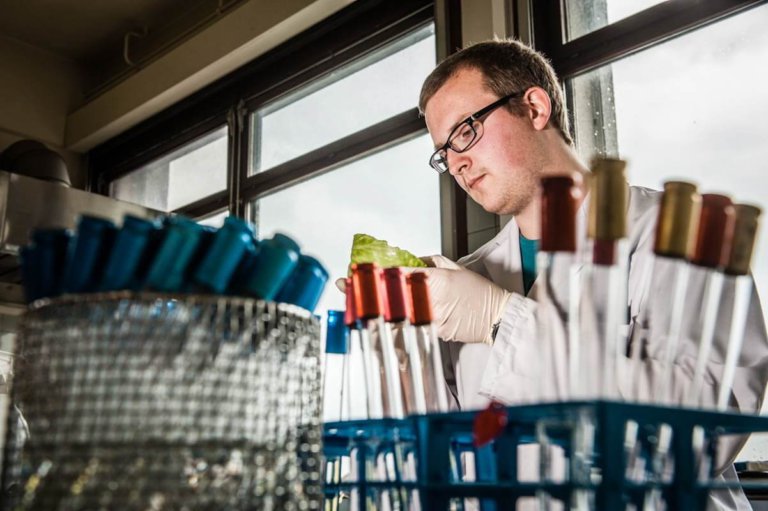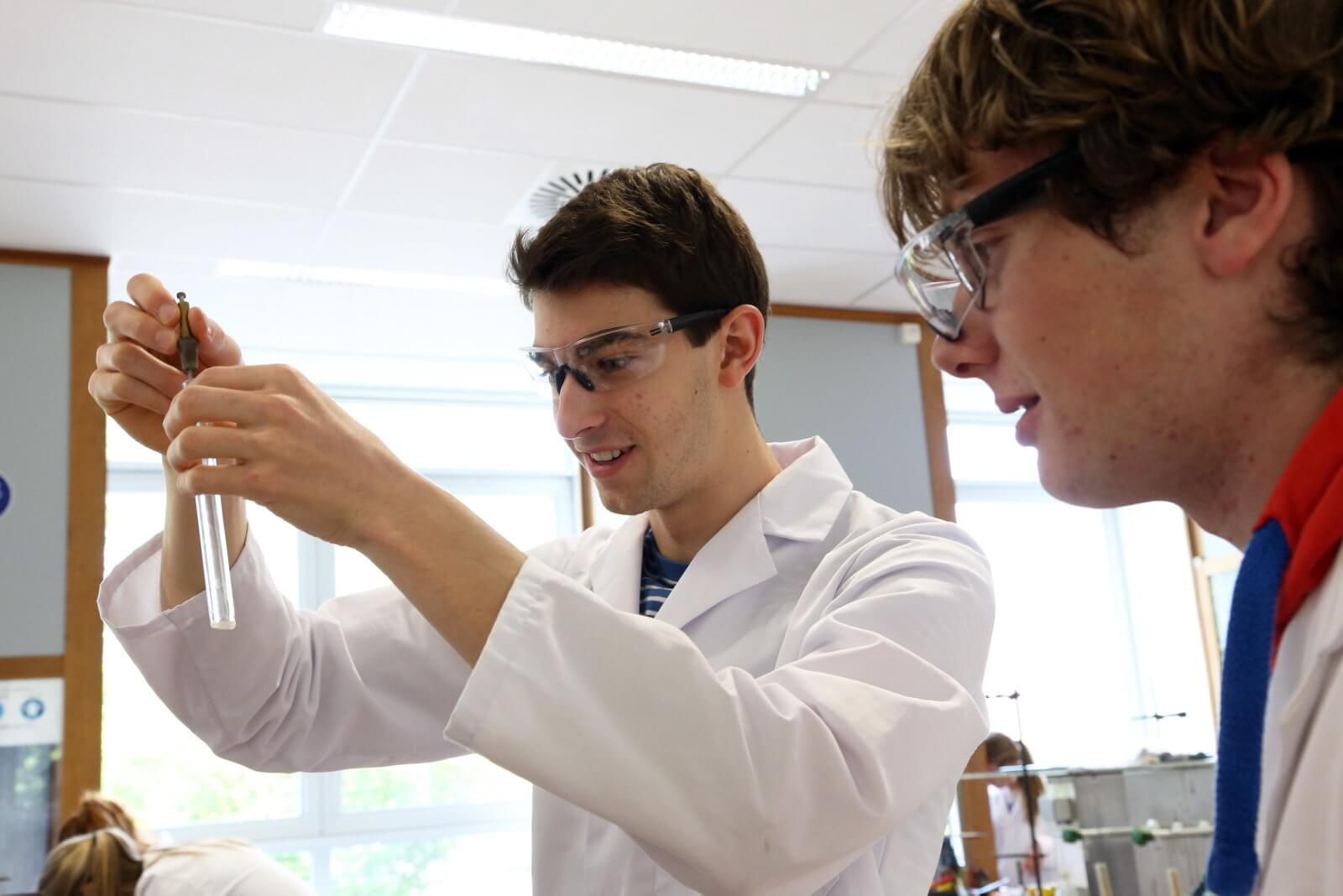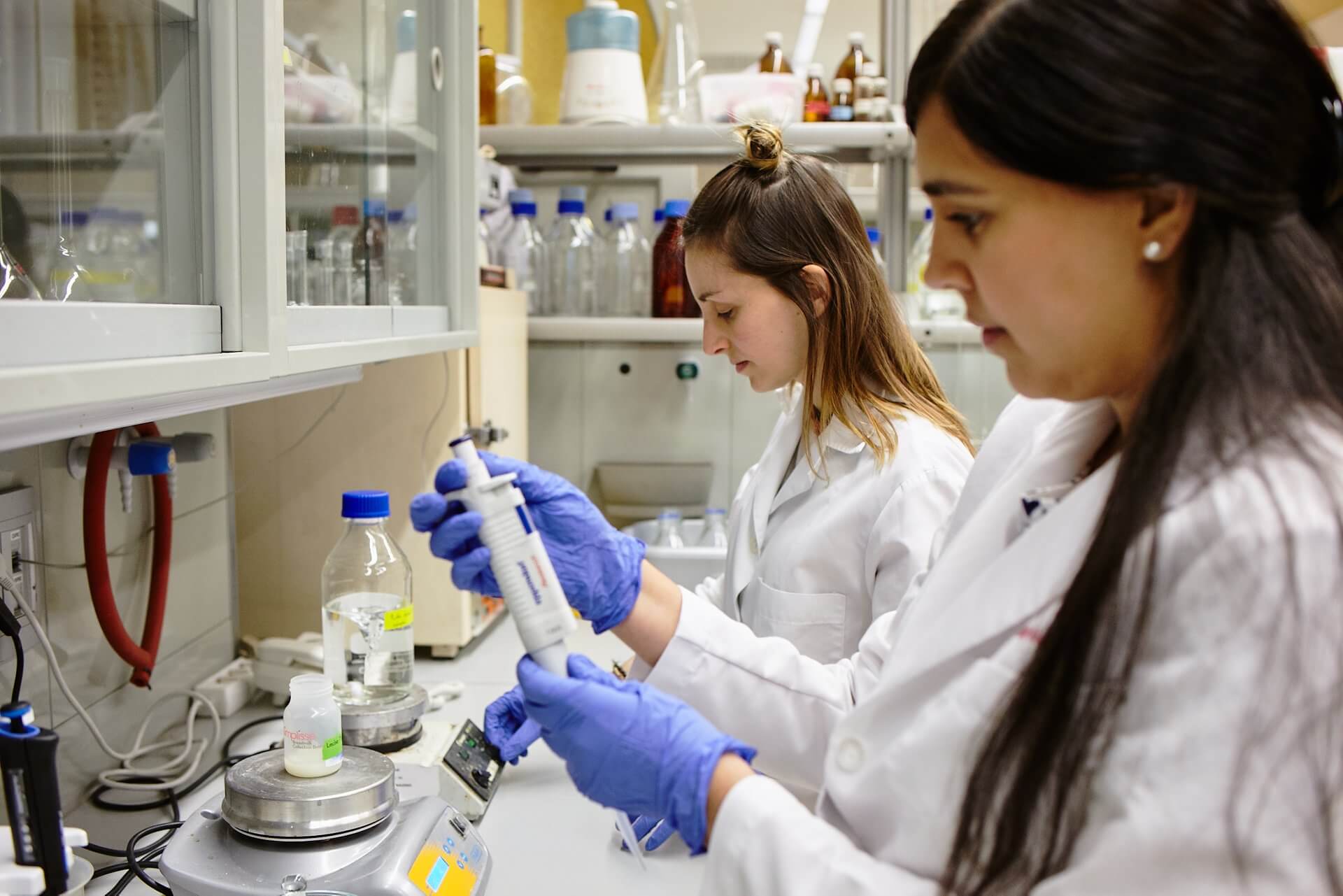
Science is one of the oldest and most important academic disciplines, covering a wide variety of subjects. Humanity’s progress has largely rested on advances born of our dogged pursuit of knowledge that is concerned with the physical world and its phenomena. From what we know of gravity to cutting-edge medicines and life-saving vaccines, scientific discoveries have shaped our modern world.
Science is as integral to everything we do today as it did since the foundations laid by Thales and Pythagoras. All walks of life — human or otherwise — depend on what we know of it.
As you read this, new products and technologies are being made in labs. New waves of research are being discovered that allow us to better understand the complex nature of life and existence. With investment into science and technology at an all-time high, there is no shortage in development of these new theories and ideas.
If you seek to walk the illustrious path of Katalin Kariko, the scientist behind the Pfizer Covid-19 vaccine, or Nobel Prize in Physics 2020 winners Reinhard Genzel and Roger Penrose, here are four European universities you should consider studying at:
Ghent University
Nobel Prize winners Corneel Heymans and Maurice Maeterlinck, as well as eminent scientists Leo Baekeland, Joseph Guislain, Walter Fiers, and Marc Van Montagu, have one thing in common: they all attended Ghent University. Founded in 1817, UGent is today in the top 1% of research universities in the world. It is part of Shanghai Ranking’s top 100 and is often ranked in the top 150 of more than 17,000 institutes for higher education in the world.

Research is the driving force of Ghent University. Source: Ghent University
Here, 11 faculties offer more than 200 courses and conduct in-depth research within a wide range of scientific domains such as biotechnology, aquaculture, microelectronics, and more. While most bachelor programmes are taught in Dutch, Ghent offers a selection of English-taught master’s programmes at the Faculty of Sciences; Faculty of Engineering and Architecture; and Faculty of Bioscience Engineering.
Research is the driving force of UGent. You’ll benefit from the university’s institutional partnerships and international networks with the European University Association (EUA); International Association of Universities (IAU); Santander Group (SGroup); The Guild of European research-intensive universities; European University Foundation (EUF), and more.
With some of the finest teachers and researchers the world has to offer, accompanied by state-of-the-art facilities and resources to match, graduates are bound to follow the successful paths of illustrious alumni. To learn more about how UGent “dares to think,” click here.
Chalmers University of Technology
Founded in 1829, Chalmers University of Technology promotes knowledge and technical solutions for a sustainable world. The university — located in Gothenburg, Sweden — coordinates EU’s biggest research initiative — the Graphene Flagship — and offers programmes in engineering, science, shipping and architecture. Chalmers aims to meet the need for ecological, social and economic sustainability in a committed, innovative and pioneering way.

Source: Shutterstock
Students learn through project-based assignments and experience a hands-on, collaborative education — focusing on applying theoretical knowledge to solve current and future problems. The best part? All master’s programmes at Chalmers are taught in English.
The university offers programmes such as Automation and mechatronics; Biotechnology and Chemical engineering; Civil engineering; Computer engineering and Electrical engineering.
From the smallest building blocks of matter, to systems biology and food products, researchers at Chalmers cover it all. Some of the university’s strategic partners are CEVT, Ericsson, Gothenburg City, Göteborg Energi, HSB Living Lab, IKEA, IVL Swedish Environmental Research Institute and so forth.
“I like that the teachers let you figure out most things by yourself, while always being present to help you in anything you might need,” shares MSc Biotechnology student Abril from Mexico. “This way, you can develop a way of thinking that is necessary to solve research problems that require the tools they’re teaching us. Prior to this, I had no programming knowledge whatsoever, but now I feel like I’m becoming rather proficient at it!”
Charles University
Founded in 1348, Charles University is the largest and most renowned Czech university. It is also the best-rated Czech university according to international rankings. The university has one aim: to continue to enhance its prestigious status as a research university.

Charles University is the best-rated Czech university according to international rankings. Source: Charles University
Charles’s Faculty of Science is home to 29 departments, three museums and a large Botanical Garden. Students can take their pick from programmes in Biology, Chemistry, Geography and Geology. The university’s world-class research teams include the internationally renowned Czech Institute of Egyptology. Here, it’s common for staff to participate in a range of major international research projects – including the CERN (European Organisation for Nuclear Research) programme.
Through the university’s scientific achievements and major research areas, Charles’s scientists and students are often nominated for prestigious domestic and international awards for their discoveries and merits. Charles University graduates benefit from one of the highest employment rates of any population segment in the Czech Republic.
University of Barcelona
There are two reasons why students choose the University of Barcelona: it is among the top 200 universities in the world and the best in Spain. Here, teaching is based on competency-based education in which spaces are created for learning with commitment, a critical spirit, rigour, responsibility, sustainability, diversity and accessibility.

At UB, teaching is based on competency-based education. Source: University of Barcelona
There’s never a dull day at UB as students learn through gamification, flipped classroom, problem-based learning, case studies, project-based work, service-learning and collaborative learning. That’s not all. Digital files, simulations, personal learning systems, learning management systems, web environments and social networks are also used.
The university offers 74 bachelor’s degrees, 15 dual-track degrees and over 150 university master’s degrees in all areas of knowledge. From master’s programmes in Advanced Immunology, Advanced Microbiology and Analytical Chemistry to Bioinformatics for health sciences, Biomedicine, Neurosciences and more, students are spoiled for choice.
UB students benefit from UB’s League of European Research Universities (LERU) membership and HRS4R accreditation of the European Commission — a quality seal that recognises efforts to foster equal opportunities and the capacity to attract talent.
*Some of the institutions featured in this article are commercial partners of Study International










